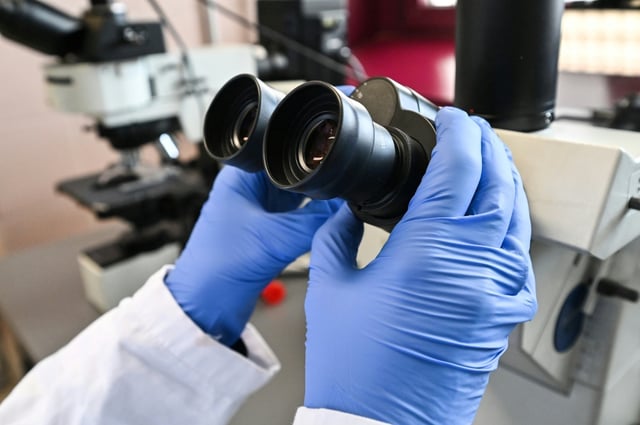Overview
- Researchers at Australia’s Berghofer Medical Research Institute report about 13,000 depression-associated genetic markers in women versus roughly 7,000 in men.
- Findings were published in Nature Communications and are presented as among the largest genomic studies of depression to date.
- Several sex-differentiated signals map to metabolic or hormone-related pathways, which researchers say may relate to symptom differences.
- The authors propose sex-aware research and treatment development, noting that many past drug trials have focused primarily on men.
- Scientists caution that mechanistic links and clinical applications require replication and functional studies, as depression affects more than 300 million people worldwide.

